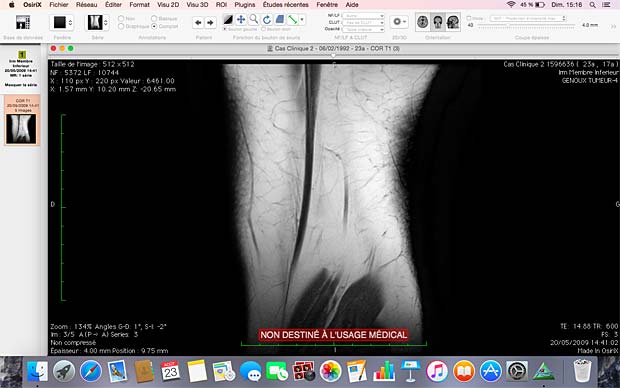

The application of our analysis to the data from two subjects was able to detect the local activity in task-relevant brain areas including the primary visual and motor cortices. Despite substantial differences in the recorded regions of each subject, the coupling functions consistently showed a significant global desynchronization occurring a few hundred milliseconds after the stimulus onset. In this context, the local-global framework revealed that the reported desynchronization was better explained by the local activity of brain areas involved in face information processing, providing evidence that the global measures might be a novel signature of functional brain activity reorganization taking place when a stimulus is processed in a task context. Human cognition implies the contribution of different brain areas that interact to process incoming information and eventually produce a response. A classical localist approach in cognitive neuroscience has attempted to assign cognitive functions to specific brain areas and understand their role at different stages of the cognitive process. This approach has proven successful in partially explaining a number of cognitive processes such as attention, memory or decision making with different recording modalities ( Hubel and Wiesel, 1959 Brunel and Wang, 2001 Wang, 2002 Deco and Rolls, 2005 Kahana, 2006 Lachaux et al., 2012).


 0 kommentar(er)
0 kommentar(er)
